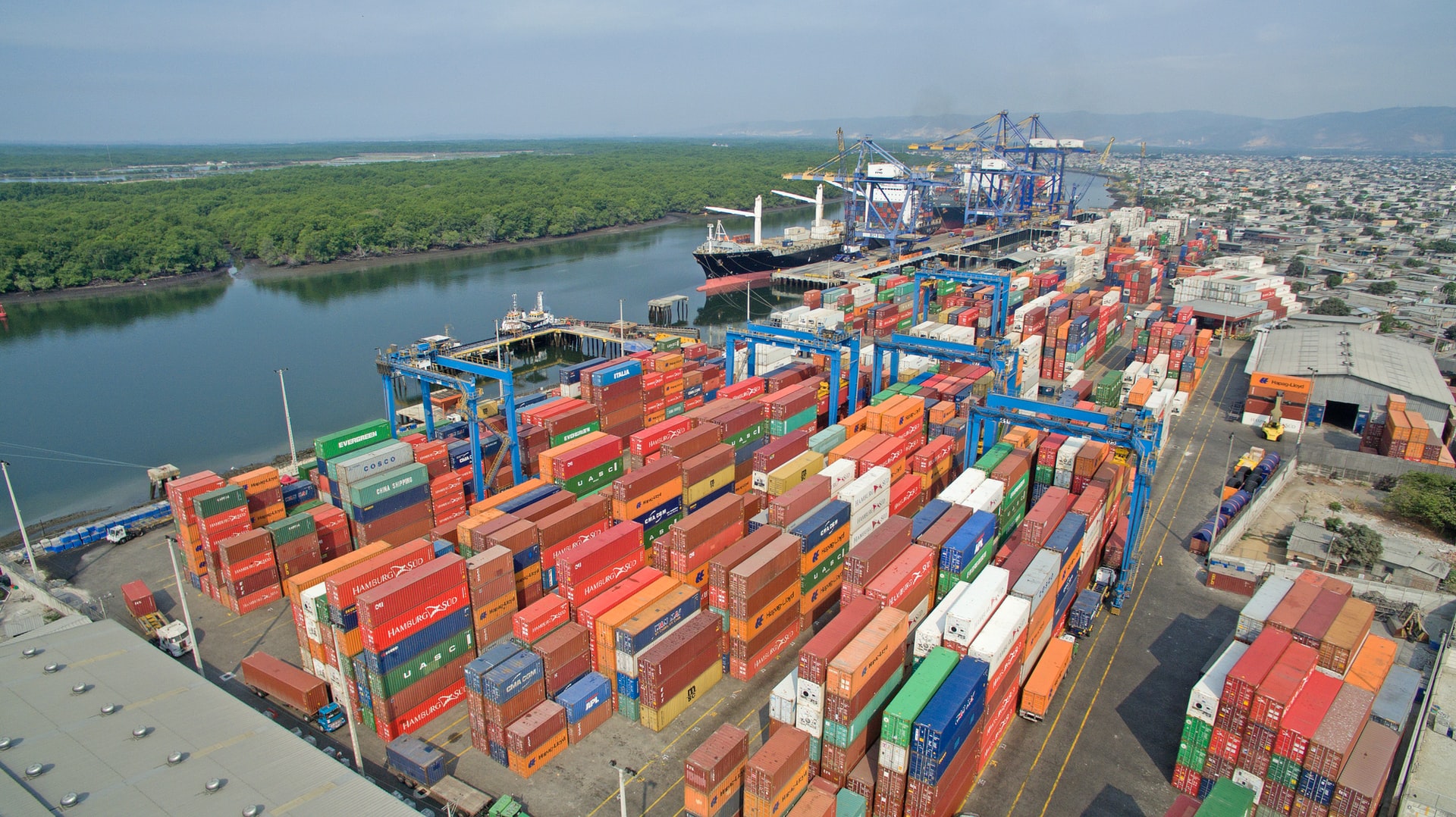Budgeting for Climate: A New Era of Green Investments in the State of Espírito Santo
The Government of the State of Espírito Santo has taken a bold and necessary step to address the challenges of climate change: the creation of the so-called Climate Budget. For the first time, the State Budget Law, sent to the Legislative Assembly, presents a clear allocation of public investments earmarked for actions to mitigate and adapt to the extreme effects of climate change.
This climate budget proposal reflects the state government’s commitment to aligning economic development with sustainability and environmental resilience goals. The main areas covered include investments in macro-drainage to mitigate urban flooding; slope containment to prevent landslides in high-risk areas; efficient water management, aiming at the sustainable use of water resources; and coastal recovery actions, which are essential to protect the coastline from erosion and the impacts of rising sea levels.
In addition, the project includes the recovery of forest cover, which is vital for biodiversity conservation and climate regulation. Another area of focus is the promotion of electric mobility, which seeks to reduce carbon emissions in public transport, favoring the transition to a sustainable transport model.
The seals in the budget document allow for the integration of adaptation and mitigation measures into the durability and efficiency of investments planned in the long term, ensuring greater effectiveness in budget execution. The evidence, through markers, also makes it possible to recognize projects that meet sustainability and climate resilience criteria, providing due transparency to these actions, ensuring monitoring by society, promoting best practices and attracting investors concerned with environmental issues.
By integrating these actions into the state budget, the government demonstrates that sustainability and climate adaptation have become central to the planning and implementation of public policies in Espírito Santo. This is an example of Governor Renato Casagrande’s leadership and a clear commitment to climate governance that could inspire other states to adopt similar practices, with positive impacts on both the environment and the population’s quality of life.
With the Climate Budget, Espírito Santo reinforces its leading role in combating the climate crisis, demonstrating that it is possible to grow economically while taking care of the planet and future generations.
(*) Álvaro Rogério Duboc Fajardo is Secretary of State for Economy and Planning
Juliani Johanson is a State Treasury Consultant and Undersecretary of State for Budget



